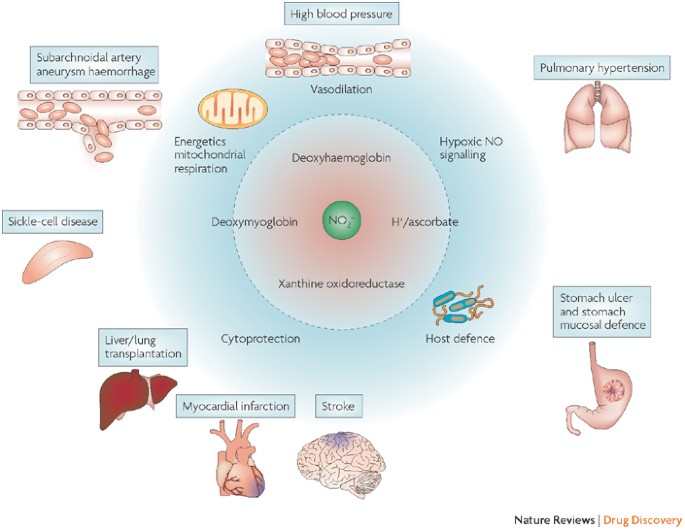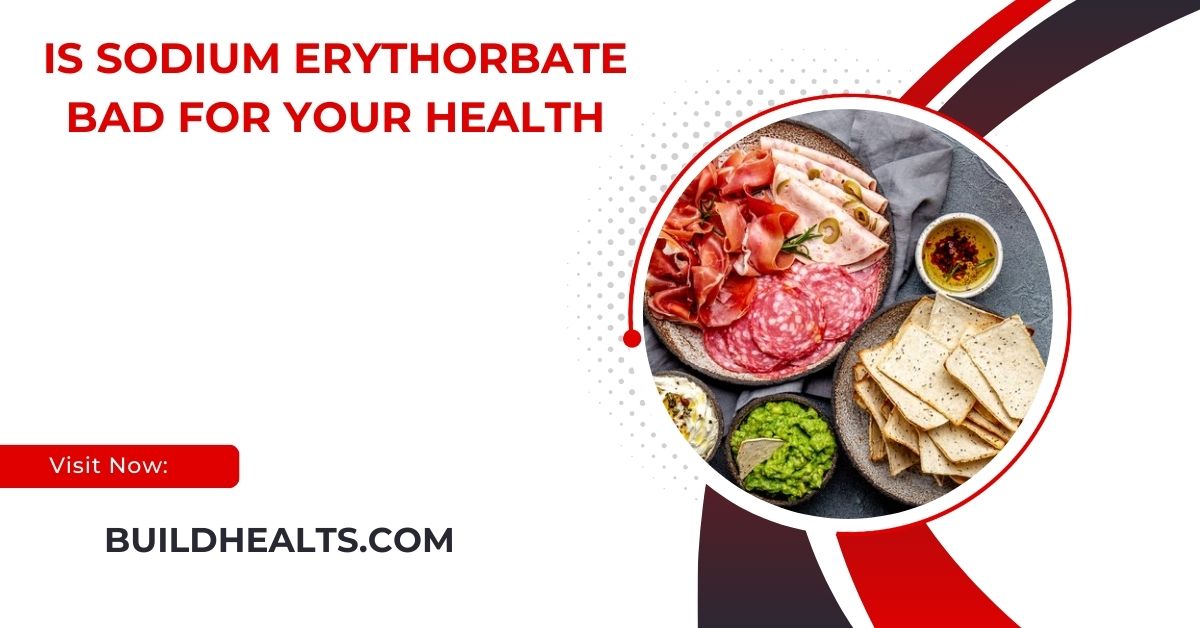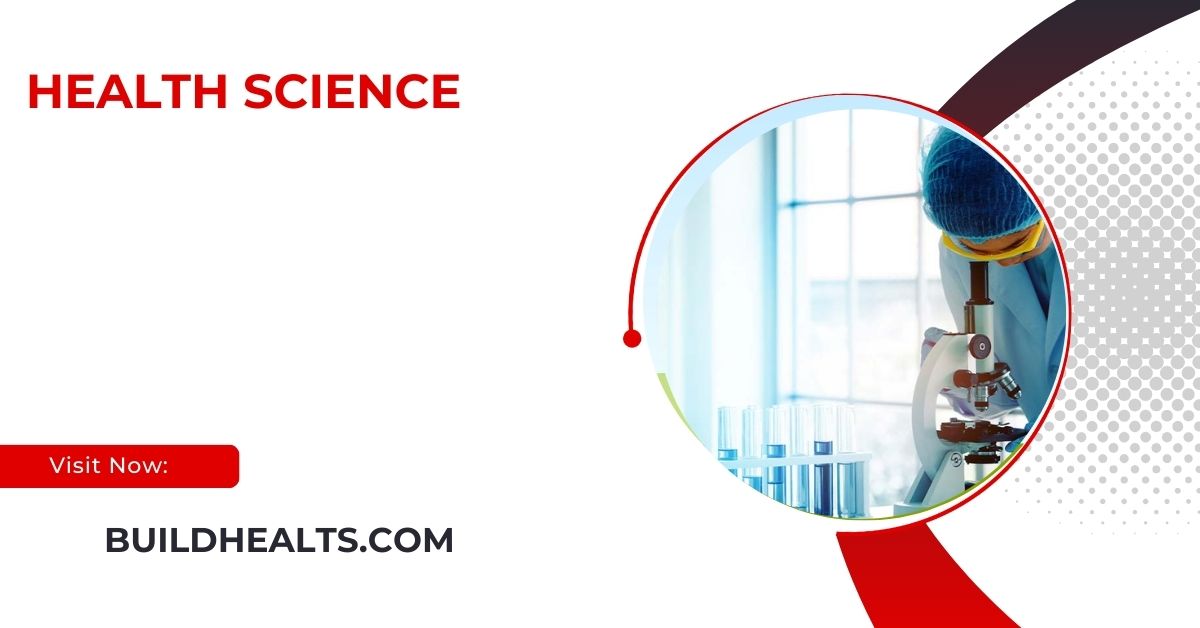Sodium erythorbate is generally considered safe for health when consumed in moderation. However, excessive intake may lead to mild digestive discomfort and potential allergic reactions in some individuals.
In this article, we will discuss what sodium erythorbate is, its uses, potential side effects, and whether it poses any health risks. We’ll explore both the positive and negative aspects of this commonly used food additive.
What is Sodium Erythorbate?

Definition and Purpose:
Sodium erythorbate is a chemical compound derived from erythorbic acid, which is a stereoisomer of vitamin C, but not identical in function. It is commonly used in the food industry as an additive to prevent oxidation, which can cause food to spoil. The primary purpose of sodium erythorbate is to preserve the color, taste, and freshness of foods by acting as an antioxidant, helping to extend their shelf life and prevent them from turning rancid.
Where is Sodium Erythorbate Used?
Sodium erythorbate is extensively used in processed meats like hot dogs, sausages, ham, and bacon to maintain their vibrant color and prevent them from turning brown.
It is also found in various canned and frozen foods, where it helps to keep the product looking fresh and palatable for longer durations. In addition to food products, sodium erythorbate is used in beverages like soft drinks and fruit juices, where it helps to preserve flavor, preventing the oxidation that could lead to sour or off-tasting drinks over time.
Is Sodium Erythorbate Safe?
FDA and Safety Regulations:
The Food and Drug Administration (FDA) has classified sodium erythorbate as “generally recognized as safe” (GRAS). This means that it is considered safe for use in foods within certain limits. Sodium erythorbate has been approved for use in various food products, and there are strict regulations regarding the amounts that can be added to foods.
Also read: What Your Heart Ages Say About Your Health – How to Keep Your Heart Healthy!
International Guidelines:
Sodium erythorbate is approved for use in many countries, including the United States and those within the European Union. The European Food Safety Authority (EFSA) considers it safe for consumption when used properly. However, it’s essential to consume it in moderation and within a balanced diet, like all food additives.
Potential Health Concerns:
Digestive Issues:
Some individuals may experience mild digestive discomfort after consuming large amounts of sodium erythorbate. Common symptoms can include bloating, excessive gas, or an upset stomach. However, these side effects are typically rare and only occur when the substance is consumed in high quantities over time.
Allergic Reactions:
Though uncommon, some individuals may have allergic reactions to sodium erythorbate. These reactions can manifest as itching, skin swelling, or red rashes. If you suspect an allergic reaction to sodium erythorbate, it is advisable to seek medical advice to determine the cause and avoid future exposure.
Links to Cancer:
One of the concerns people have about sodium erythorbate is its potential link to cancer. Sodium erythorbate is often used in cured meats along with nitrates or nitrites. When nitrates are consumed, they can form nitrosamines, which are chemicals that have been linked to cancer. However, sodium erythorbate actually helps reduce the formation of nitrosamines in processed meats, which makes it beneficial in this context.
How Sodium Erythorbate Affects Your Body:

Role as an Antioxidant:
Sodium erythorbate acts as an antioxidant, which means it helps to prevent damage to cells caused by free radicals. Free radicals are unstable molecules that can damage cells, leading to aging and diseases like cancer. By preventing oxidation in food, sodium erythorbate also helps reduce the number of free radicals we consume from processed foods.
Vitamin C Connection
Although sodium erythorbate is related to vitamin C, it does not provide the same health benefits. Vitamin C is an essential nutrient that helps support the immune system, improve skin health, and boost collagen production. Sodium erythorbate is not a substitute for vitamin C, and it does not contribute to your daily vitamin intake.
Sodium Erythorbate and Processed Meats
Why is Sodium Erythorbate Added to Processed Meats?
Sodium erythorbate is commonly added to processed meats to help retain their bright color and prevent oxidation. This prevents the meat from turning brown or looking spoiled, making it more visually appealing to consumers. Moreover, it plays a crucial role in extending the shelf life of these meats, reducing spoilage and helping to preserve their freshness over longer periods.
Also read: Great Pyrenees Health Issues – Essential Care Tips!
Concerns About Processed Meats
While sodium erythorbate itself is considered safe in the small quantities used, there are concerns about processed meats containing additives like nitrates and nitrites. These compounds, often found alongside sodium erythorbate, have been linked to potential health risks such as heart disease and certain types of cancer.
Regular consumption of large amounts of processed meats can increase the risk of these health issues, highlighting the need for moderation in diet choices.
How Much Sodium Erythorbate is Safe?
The FDA and other regulatory agencies have set limits on how much sodium erythorbate can be added to food. These limits are designed to ensure that the amounts used in food are safe for consumption. Most people consume very small amounts of sodium erythorbate, far below the recommended limit.
Should You Avoid Foods with Sodium Erythorbate?

For most people, there is no need to avoid foods that contain sodium erythorbate. It is considered safe when consumed in moderation. However, if you have concerns about processed foods in general, it’s always a good idea to limit your intake of these products and focus on a diet rich in whole foods like fruits, vegetables, and lean proteins.
Alternatives to Sodium Erythorbate:
Natural Alternatives
There are natural alternatives to sodium erythorbate used in food preservation, such as rosemary extract and citric acid. These natural preservatives help maintain food freshness and quality without synthetic additives. Choosing products with natural preservatives can be a healthier option for consumers.
Choosing Fresh and Unprocessed Foods
Opting for fresh, unprocessed foods like fruits, vegetables, and whole grains is a great way to avoid sodium erythorbate and other additives. These foods are naturally free from preservatives and offer higher nutritional value. By focusing on whole foods, you can minimize synthetic compound intake and maintain a healthier diet.
Also read: How Board Games Help Cognitive Health – A Complete Guide!
FAQ’s
1. What is sodium erythorbate used for?
Sodium erythorbate is primarily used as a food additive to prevent oxidation, maintain color, and extend the shelf life of processed foods.
2. Is sodium erythorbate safe to consume?
Yes, the FDA classifies sodium erythorbate as “generally recognized as safe” (GRAS) when consumed within regulated limits.
3. Can sodium erythorbate cause digestive issues?
Some individuals may experience mild digestive discomfort, such as bloating or gas, if they consume large amounts of sodium erythorbate over time.
4. Does sodium erythorbate have any health risks?
While it is safe in small amounts, sodium erythorbate is often found in processed meats that may be linked to health issues, emphasizing the importance of moderation.
5. Are there natural alternatives to sodium erythorbate?
Yes, natural preservatives like rosemary extract and citric acid can be used instead of sodium erythorbate to maintain food freshness without synthetic additives.
Conclusion
Sodium erythorbate is generally regarded as safe when consumed in moderation, serving as an effective antioxidant and food preservative. However, excessive intake may lead to mild digestive discomfort and potential allergic reactions in some individuals. While it’s important to be mindful of processed foods containing this additive, focusing on a balanced diet with whole foods can help mitigate any potential health risks.




